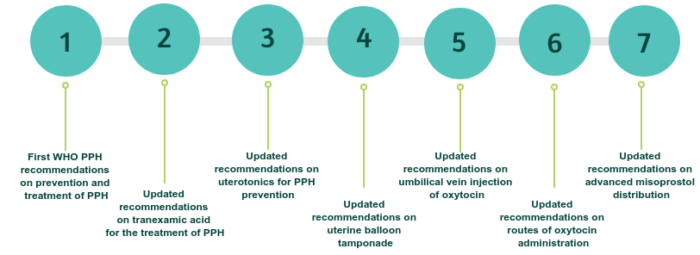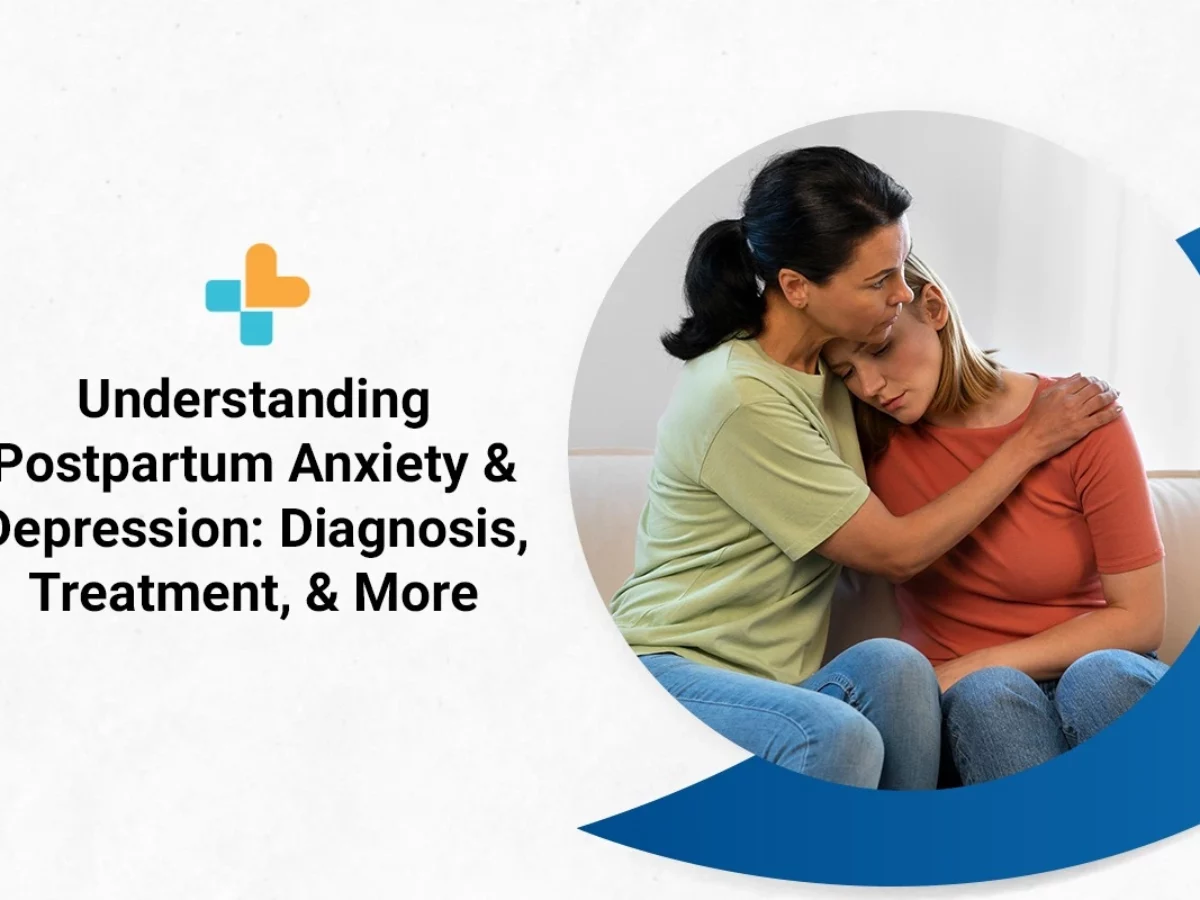Facts About Beautiful Journey Reproductive Counseling Center Uncovered
Facts About Beautiful Journey Reproductive Counseling Center Uncovered
Blog Article
Beautiful Journey Reproductive Counseling Center Can Be Fun For Anyone
Table of ContentsEverything about Beautiful Journey Reproductive Counseling CenterThings about Beautiful Journey Reproductive Counseling CenterSome Known Questions About Beautiful Journey Reproductive Counseling Center.The Facts About Beautiful Journey Reproductive Counseling Center RevealedBeautiful Journey Reproductive Counseling Center Things To Know Before You Get ThisSome Known Incorrect Statements About Beautiful Journey Reproductive Counseling Center

Collaborating with psychological health and wellness experts is a wonderful means to learn more about postpartum depression and how to recover. Treatment permits ladies to resolve their condition and understand the progress they make. Specialists can likewise change treatment in feedback to the woman's progression. Therapy is a personal and vital means to deal with postpartum anxiety.

Excitement About Beautiful Journey Reproductive Counseling Center
There have not been conclusive studies published that looked specifically at folate or other B vitamins in the treatment of postpartum anxiety. Take into consideration recommending to women who are postpartum to continue their prenatal vitamin or take a B-100 complex with regarding 1 mg (or 1,000 mcg) of folic acid, or folate.
Adjustment of vitamin D shortage may play a significant function in the recovery from postpartum clinical depression. Moms battling with anxiety ought to have their 25-OH vitamin D degree checked. Lots of women find that they need a minimum of 2,000-3,000 IUs of cholecalciferol, which is vitamin D3 (a type that is really easily taken in) throughout the winter season.
In the summer season, less dental vitamin D may be needed, relying on the latitude where the mom lives. postpartum therapy.
The Ultimate Guide To Beautiful Journey Reproductive Counseling Center

Anticoagulation may be used, and it needs to be noted that there exists no universal standard or recommendation for anticoagulation therapy in septic pelvic thrombosis. Initial bolus of 60 units/kg (4000 devices optimum) adhered to by 12 units/kg/h (maximum of 1000 units/h) is advised. The aPTT is kept an eye on for 2-3 times the regular value.
Postpartum depression (PPD) is an intricate mix of physical, emotional, and behavior changes that occur in some women after delivering. According to the DSM-5, a hand-operated utilized to detect mental conditions, PPD is a form of major anxiety that starts within 4 weeks after delivery. The diagnosis of postpartum clinical depression is based not just on the length of time between shipment and start however on the extent of the depression.
The term defines a variety of physical and emotional changes that lots of brand-new mommies experience. PPD can be treated with medicine and counseling. The chemical modifications include a quick decline in hormones after distribution. The real web link in between this decrease and anxiety is still unclear. But what is known is that the degrees of estrogen and progesterone, the women reproductive hormones, boost significantly throughout pregnancy.
The Beautiful Journey Reproductive Counseling Center Statements
PPD can happen after the birth of any kind of kid, not just the very first youngster. You can have sensations similar to the child blues-- despair, despair, anxiousness, crankiness-- yet you feel them much more highly.
When your capability to function is influenced, you need to see a wellness treatment supplier, such as your OB/GYN or health care medical professional. This physician can evaluate you for depression signs and think of a treatment strategy. If you do not get therapy for PPD, symptoms can get even worse. While PPD is a serious problem, it can be treated with medication and therapy.
This health problem can take place quickly, commonly within the initial 3 months after giving birth. Ladies can shed touch with reality, having auditory hallucinations (hearing points that aren't actually occurring, like an individual talking) and delusions (strongly thinking points that are plainly irrational). Visual you can find out more hallucinations (seeing things that aren't there) are less common.
Females who have postpartum psychosis requirement treatment right away and nearly always need medication. Therapy alternatives consist of anti-anxiety or antidepressant medicines, psychotherapy, and participation in an assistance team for psychological support and education.
Some Known Incorrect Statements About Beautiful Journey Reproductive Counseling Center
Kids of mothers with postpartum depression are more probable to have problems with resting and eating, sobbing even more than typical, and hold-ups in language growth. If you have a history of anxiety, tell your medical professional as quickly as you learn you're pregnant, or if you're intending to come to be expectant.
PPD can occur after the birth of any type of child, not just the very first kid. You can have sensations comparable to the baby blues-- unhappiness, despair, anxiety, crankiness-- but you feel them a lot extra highly.
When your capability to feature is influenced, you require to see a wellness care carrier, such as your OB/GYN or main treatment physician. If you do not obtain treatment for PPD, signs and symptoms can obtain even worse.
This ailment can take place rapidly, often within the initial 3 months after giving birth. Women can lose touch with fact, having auditory hallucinations (hearing things that aren't in fact occurring, like an individual chatting) and misconceptions (highly thinking points that are plainly illogical). Aesthetic hallucinations (seeing points that aren't there) are much less usual.
The 10-Second Trick For Beautiful Journey Reproductive Counseling Center
Women who have postpartum psychosis requirement therapy right away and almost always require medicine. Therapy alternatives consist of anti-anxiety or antidepressant medications, psychotherapy, and involvement in an assistance team for emotional support and education.
Children of moms with postpartum depression are most likely to have issues with sleeping and consuming, sobbing more than common, and hold-ups in language growth (grief counseling nj). If you have a background of anxiety - https://fliphtml5.com/homepage/hzluz, tell your doctor as quickly as you discover you're pregnant, or if you're preparing to come to be expectant
Report this page